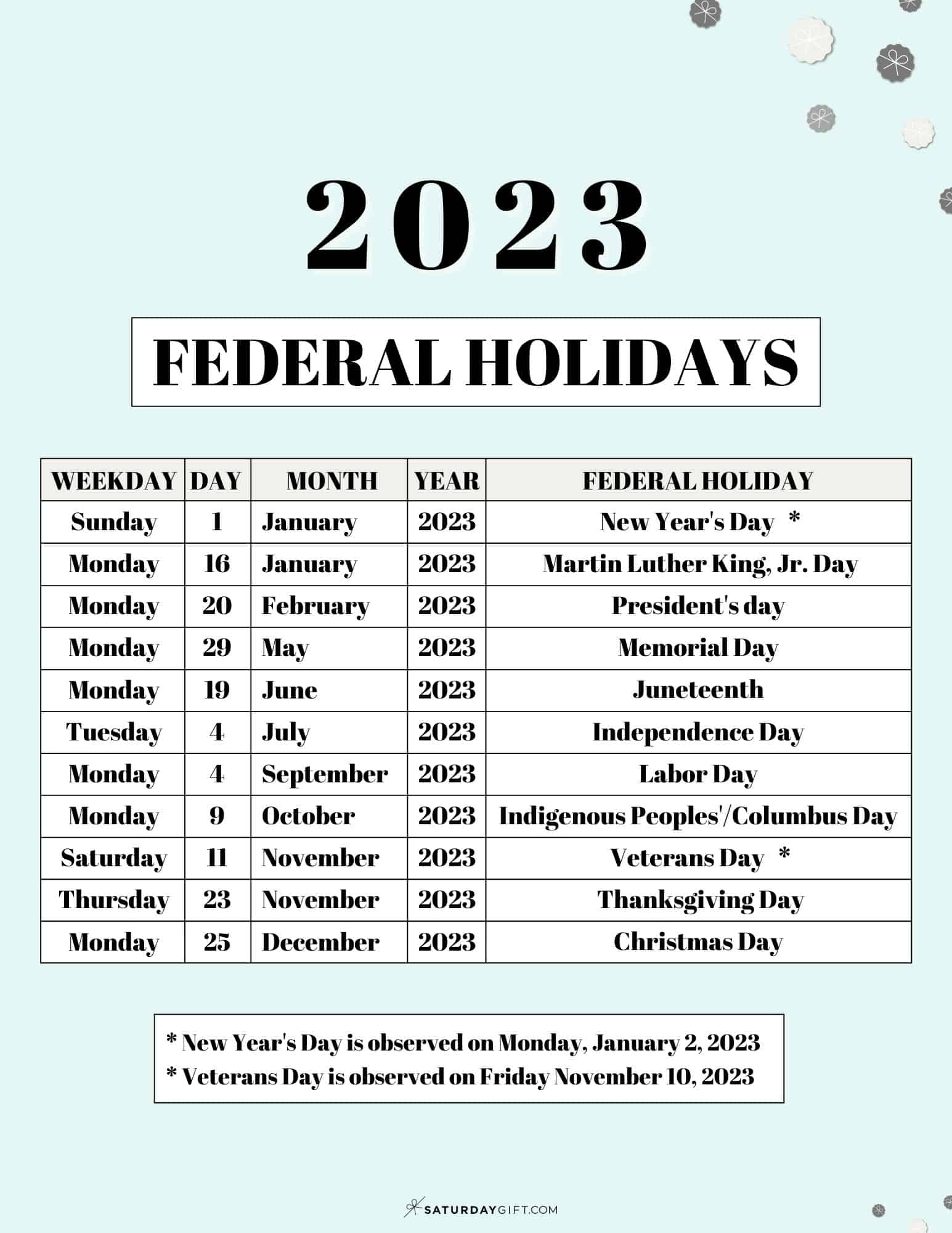Is Columbus Day a Federal Holiday? Understanding the Significance and Impact
As we navigate the complex landscape of federal holidays in the United States, one question often arises among professionals: Is Columbus Day a federal holiday? This inquiry is particularly relevant as organizations and employees prepare for yearly observances and plan their holiday schedules. In this post, we will delve into the details surrounding Columbus Day, its status as a federal holiday, and why it remains significant in contemporary discussions of history, culture, and workforce dynamics.
Understanding Columbus Day
Columbus Day, celebrated on the second Monday of October, commemorates Christopher Columbus’s arrival in the Americas on October 12, 1492. Traditionally seen as a time to celebrate exploration and the cultural exchange initiated by Columbus, the holiday has been both embraced and criticized for its implications regarding indigenous peoples and colonial history.
Is Columbus Day a Federal Holiday?
The straightforward answer to the question, is Columbus Day a federal holiday?, is yes, Columbus Day is recognized as a federal holiday in the United States. This means that federal government offices are closed on Columbus Day, and employees receive a day off with pay. Many states and local governments also observe this holiday, although some states have chosen to replace Columbus Day with Indigenous Peoples’ Day or a similar observance that acknowledges the history and cultures of Native Americans.
The Context of Federal Holidays
Federal holidays are established by Congress and observed nationwide. As of 2023, there are eleven recognized federal holidays. Columbus Day holds the same status as other holidays like Independence Day or Thanksgiving. However, the observance of federal holidays can vary significantly based on regional sentiments and cultural values.
The Shift Towards Indigenous Peoples’ Day
In recent years, there has been a noticeable shift in how Columbus Day is perceived and celebrated. A growing number of states and cities are opting to observe Indigenous Peoples’ Day instead. This shift reflects a broader movement to recognize the historical suffering and ongoing presence of Native American communities. For example, as of 2023, states like New Mexico, South Dakota, and Maine have officially adopted Indigenous Peoples’ Day.
The debate surrounding the holiday’s name and significance continues to inspire discussions about identity, history, and reconciliation in workplaces and communities. For businesses, acknowledging this shift may involve considering the perspectives of employees and clients when planning holiday-related events.
Impact on Business and Human Resources
For HR professionals and business leaders, understanding the implications of Columbia Day as a federal holiday is crucial. It affects employee scheduling, pay policies, and benefits planning. Here’s how:
- Holiday Pay: Employees working on Columbus Day may be entitled to additional compensation depending on company policy and state law. Ensure that your organization clearly communicates its holiday pay policies.
- Employee Sentiment: Recognizing the evolving nature of Columbus Day can contribute to a more inclusive workplace. Understanding staff sentiment regarding this holiday may guide decision-making around celebrations and time off.
- Compliance with Labor Laws: Different states have diverse labor laws regarding holidays, including observance and pay. It’s essential for HR departments to stay informed about these regulations to ensure compliance.
Looking Beyond Columbus Day
While the focus may be on Columbus Day for a few days each year, it is part of a larger tapestry of federal holidays that reflect American values and history. Each holiday serves as a moment for reflection, celebration, or remembrance, highlighting diverse narratives within the American experience. Business leaders should consider extending these discussions into corporate culture and employee engagement initiatives.
Conclusion
In conclusion, the question, is Columbus Day a federal holiday?, is straightforward, yet the complexities surrounding its observance are profound. Columbus Day is officially recognized as a federal holiday, but its significance and the way it’s celebrated vary widely across the nation. As societal values evolve, many choose to observe alternatives like Indigenous Peoples’ Day, which prompts organizations to re-evaluate how they engage with their employees around these holidays.
As we move forward, conversations about holidays like Columbus Day can foster a deeper understanding of American history and encourage inclusive practices within workplaces. For more information about federal holidays, visit this comprehensive guide from Saturday Gift.




